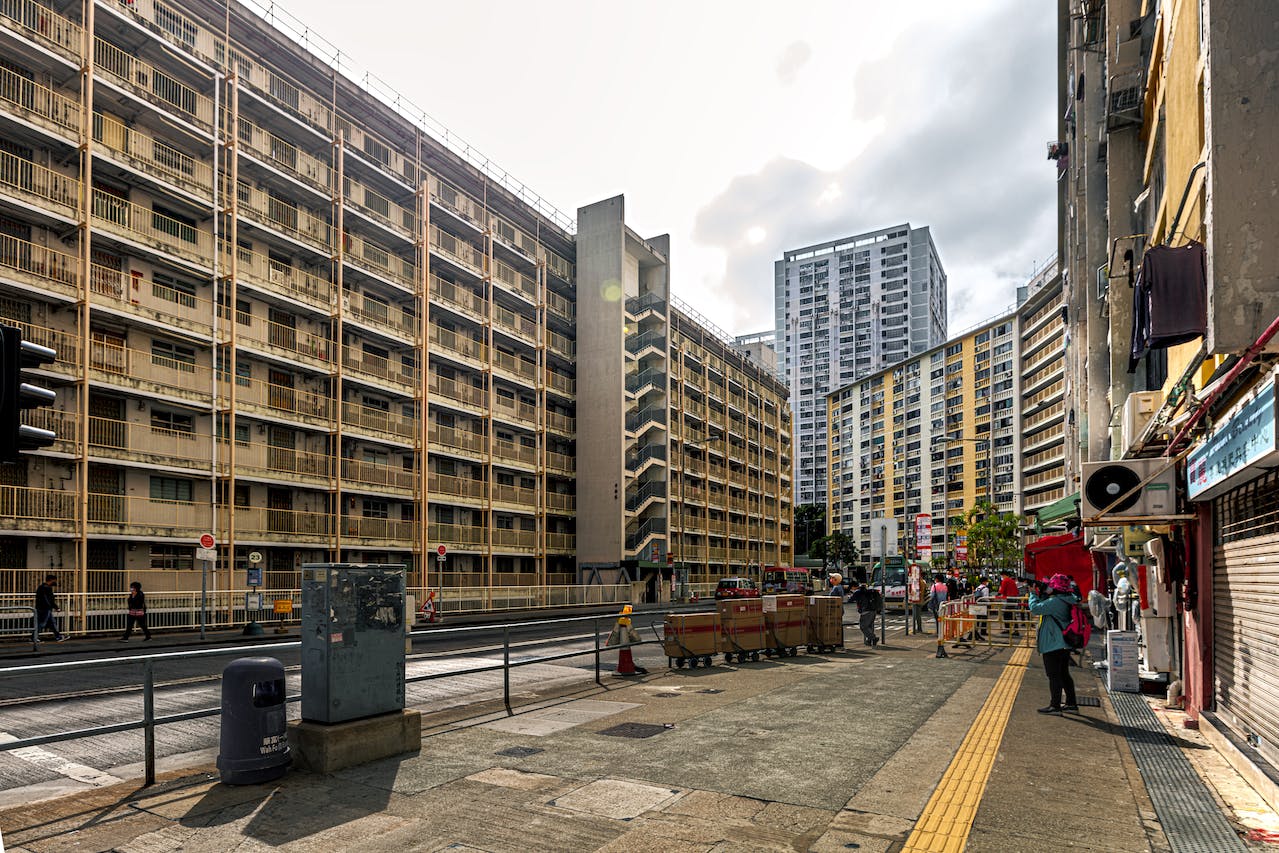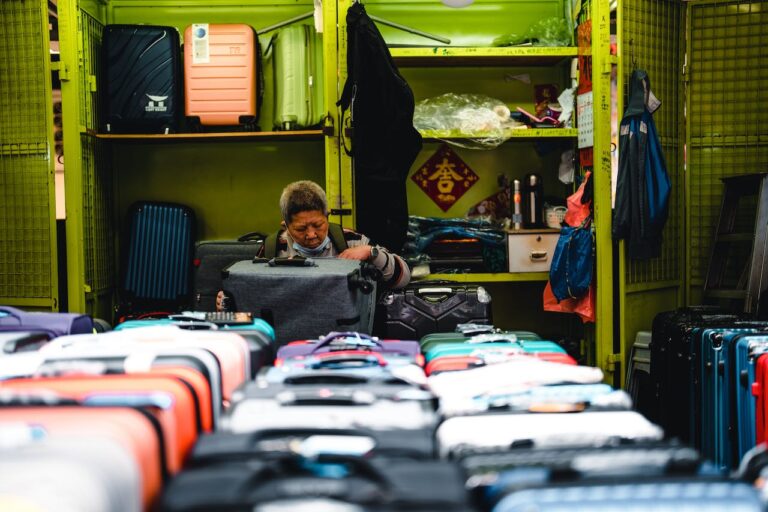Hong Kong’s Relocation Regulation
Relocating to Hong Kong involves more than just finding a new home; it requires a keen understanding of the city’s relocation regulations. Whether you’re an expat, a corporate entity, or an individual moving within the city, compliance with these regulations is essential for a smooth transition. In this guide, we’ll delve into Hong Kong’s relocation regulations and how to navigate them effectively.
1. Understanding Residency Requirements:
- Before initiating your relocation, grasp the residency requirements set by the Hong Kong government. Ensure you have the necessary visas and permits for your specific situation, whether you’re an expatriate employee, an entrepreneur, or a student.
2. Company Incorporation Guidelines:
- For businesses planning a move to Hong Kong, familiarize yourself with company incorporation guidelines. Comply with registration and licensing requirements to establish your presence legally and seamlessly.
3. Compliance with Municipal Solid Waste Charging:
- Starting from April 1, 2024, Municipal Solid Waste Charging (MSW charging) will be implemented. Understand the waste disposal charges based on the quantity of waste generated. Stay informed about the two charging modes and ensure compliance.
4. Change of Address Notification:
- Inform relevant authorities about your change of address. Whether you’re an individual or a business, update your details with the Government of Hong Kong (GovHK) and other essential service providers using the Change of Address Service.
5. Local Moving Regulations:
- If you’re moving locally within Hong Kong, be aware of the regulations surrounding local moving. This includes adherence to designated bags and labels for waste disposal, especially for oversized items.
6. Storage Regulations:
- If you require storage services during your relocation, understand the regulations governing storage facilities. Ensure that the chosen storage provider complies with safety and security standards.
7. Engagement with Professional Movers:
- When engaging professional movers, verify that they adhere to industry regulations. Confirm their licensing, insurance coverage, and track record to guarantee a reliable and secure moving experience.
8. Resettlement Programs for Expatriates:
- Expatriates often benefit from resettlement programs offered by relocation companies. Explore these programs to assist with settling into Hong Kong seamlessly, covering aspects such as housing, schooling, and cultural integration.
9. Sustainable Moving Practices:
- Embrace sustainable moving practices in alignment with Hong Kong’s commitment to environmental responsibility. Choose relocation partners who prioritize eco-friendly solutions, contributing to the city’s sustainability goals.
10. Compliance with Local Cultural Norms:
- Beyond official regulations, familiarize yourself with local cultural norms. Understanding Hong Kong’s cultural nuances enhances your ability to integrate into the community and build positive relationships.
11. Utilizing GovHK Resources:
- Take advantage of resources provided by GovHK. Access information on residency, permits, and other essential guidelines through their online platform to stay updated on regulatory changes.
Navigating Hong Kong’s relocation regulations requires meticulous planning and a commitment to compliance. By staying informed and enlisting the support of reputable relocation services, you can ensure a successful and lawful move to this vibrant and dynamic city. Whether you’re an individual, a family, or a corporation, understanding and adhering to these regulations will contribute to a positive relocation experience in Hong Kong.







